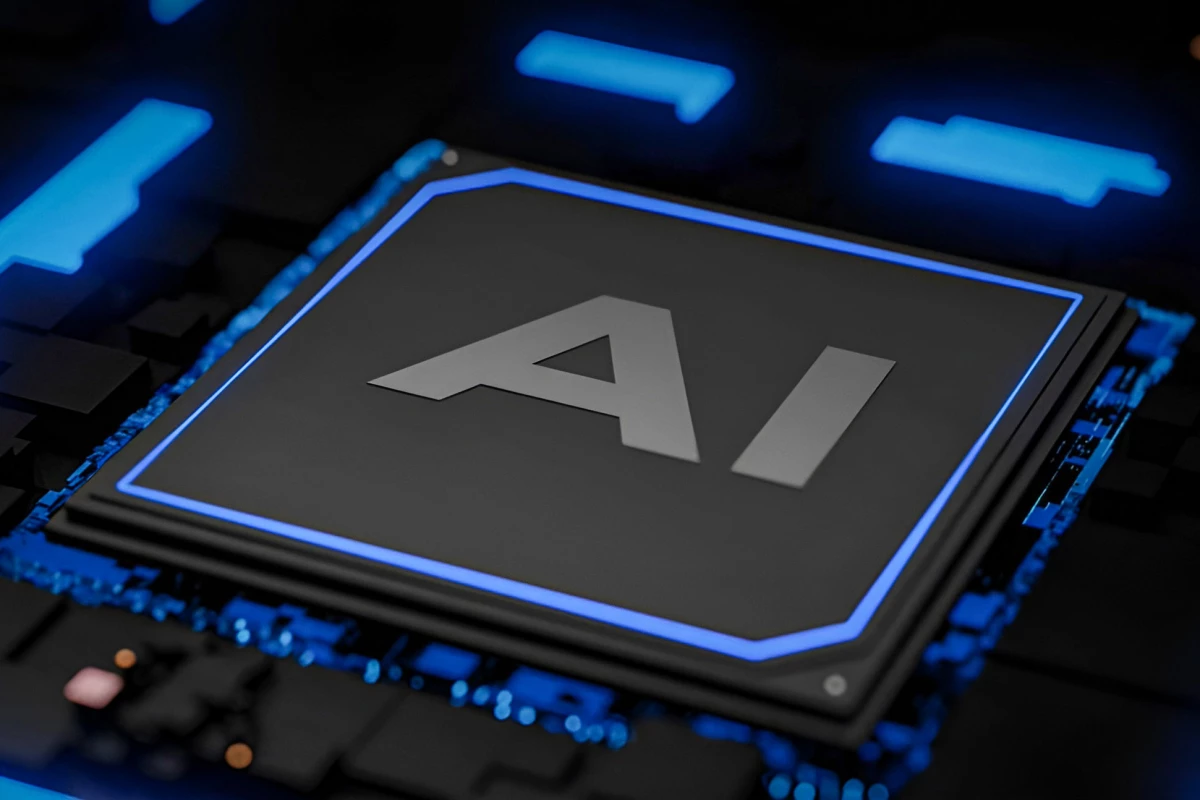The AI-BMS-on-chip "unlocks" an additional 10% capacity from a battery and extends the battery's life by as much as 25%. It does this by monitoring the battery's State of Health (SoH) and State of Charge (SoC) with a much higher degree of accuracy than is possible with traditional BMS units.
Syntiant’s NDP120 Neural Decision Processor analyzes battery performance in real-time and uses predictive diagnostics to identify potential issues early, then makes decisions to prevent failures, increase battery safety and optimize performance.
The NDP120 was designed to be easily integrated into existing BMS applications within commercial and consumer electronics. By being integrated into the battery itself, the AI-BMS-on-chip system eliminates any connectivity, latency or privacy issues that are associated with cloud-based systems.
"The AI-BMS chip addresses the need for real-time, efficient battery management in various applications." Said Mallik Monturi, Syntiant's Chief Business Officer. "It enhances battery life, safety, and performance. This makes it perfect for everything from consumer electronics all the way to commercial vehicles."
The AI-BMS-on-chip could be of significant benefit to the EV industry, from cars to personal eVTOL aircraft, extending range and extending the time between needing new batteries, potentially saving consumers a significant amount of money. The technology, with its predictive abilities, could also lower the risk of battery failures during critical moments, such as being 200 ft in the air while commuting home from work in your Jetson.
Typical existing lithium-ion batteries often have a maximum life of around 500-1,000 charge cycles before the battery begins to degrade. Eatron Technologies' AI BMS could potentially boost this to 625-1,250 cycles. LiFePO4 batteries, which are becoming much more common in off-grid and RV applications, can see upwards of 5,000 charge cycles with a standard BMS. The NDP120 could potentially boost these figures to a staggering 6,250+ cycles.
Eatron is demonstrating its AI-BMS-on-chip technology at The Battery Show Europe 2024 this week in Stuttgart, Germany.
Source: Eatron




